SQUADRON ACTIVITES
Mandatory Training Program
Over their cadet career, cadets will study various areas of skill including the following:
Leadership, Citizenship/ Community Service, Physical Fitness, Marksmanship, Drill, CAF (Canadian Armed Forces) Familiarization, Aviation History, Principles of Flight, Aircraft Engines, Aerospace, Rocketry, Aerodome Operations, Aircraft Maintenance, and Survival.
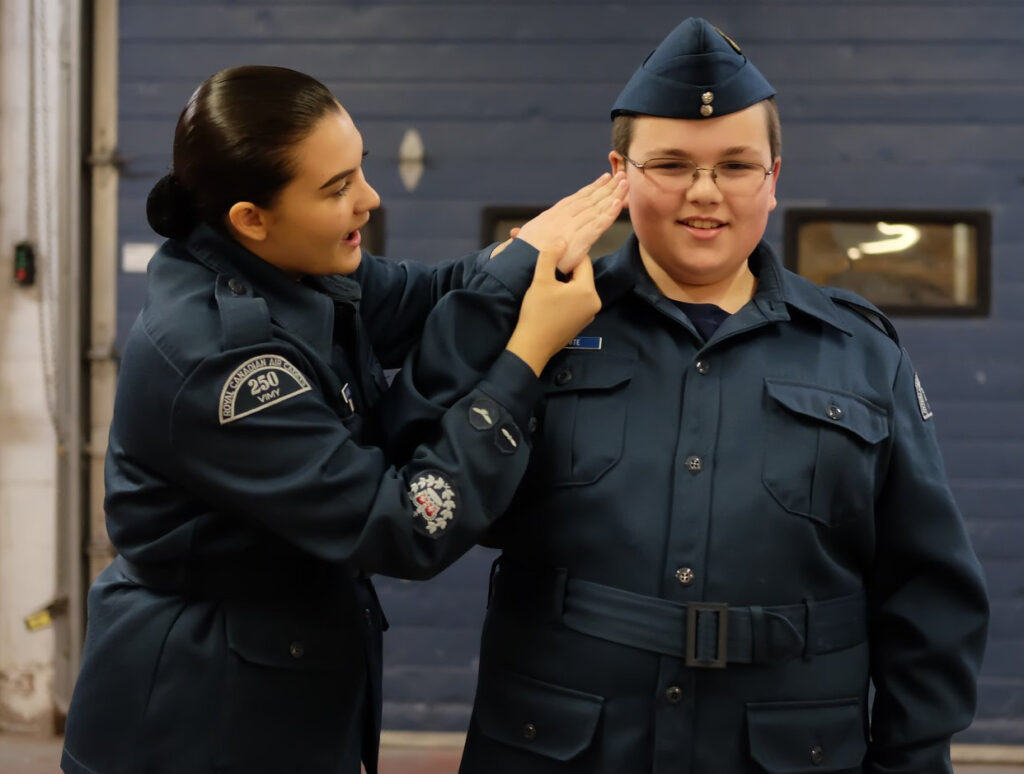
Mandatory Training Activities
In order to graduate to the next level, cadets need to complete mandatory training. There may be exceptions made if approved by the squadron’s commanding officer.
Parade Nights
- Tuesday evenings 6:30 PM – 9 PM
- Cadets are expected to help set up and tear down chairs/tables
- Cadets are expected to attend at least 70% of parade nights
VOLUNTEERING
Volunteering is an integral part of the cadet culture. Pre-covid each cadet was asked to participate in at least three volunteering events during the training year. This requirement has been suspended temporarily due to covid until further notice from Cadets Canada. Some examples of 250 Vimy community involvement are the Lions Club Highway Clean-Up, Lions Club tree yard sales, serving at auxiliary church suppers and pancake breakfasts, working events canteens, Special Olympics registration, and more.
We want to get our cadets into the community making an impact and learning the value of community service. If you are interested in 250 Vimy volunteering at your community-based event, please contact us.
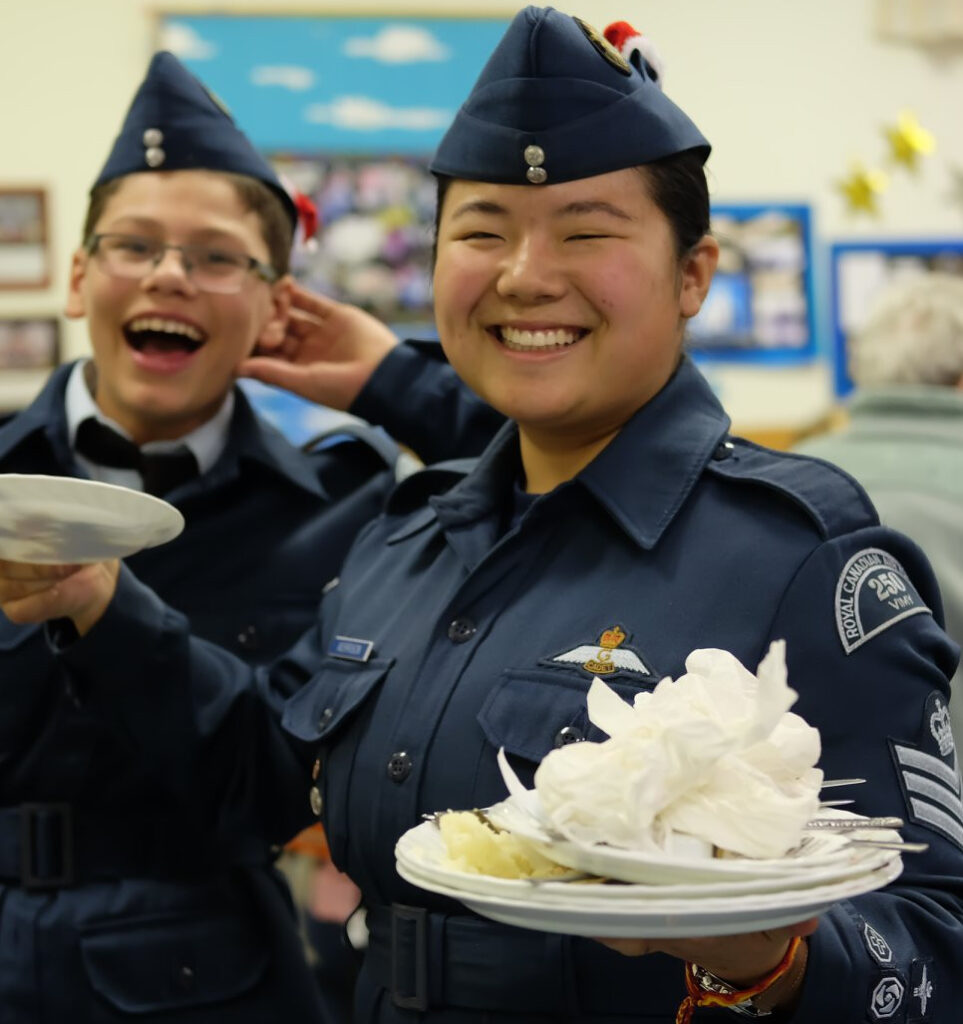

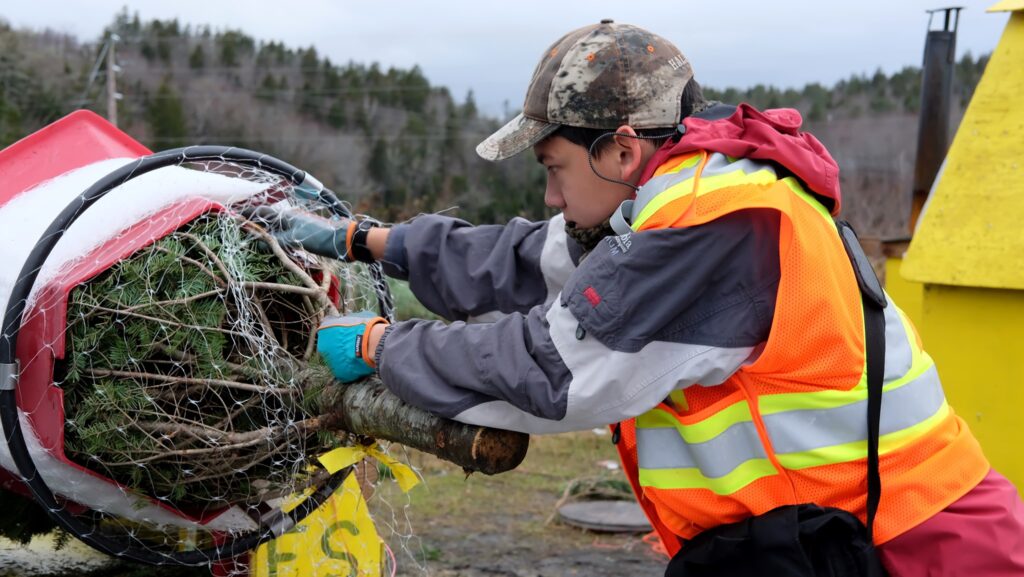

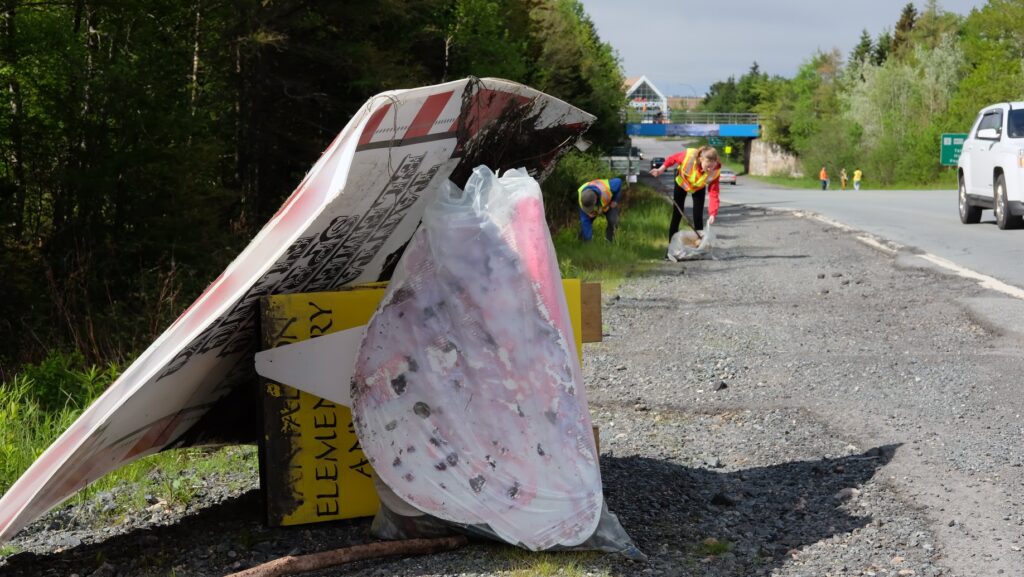
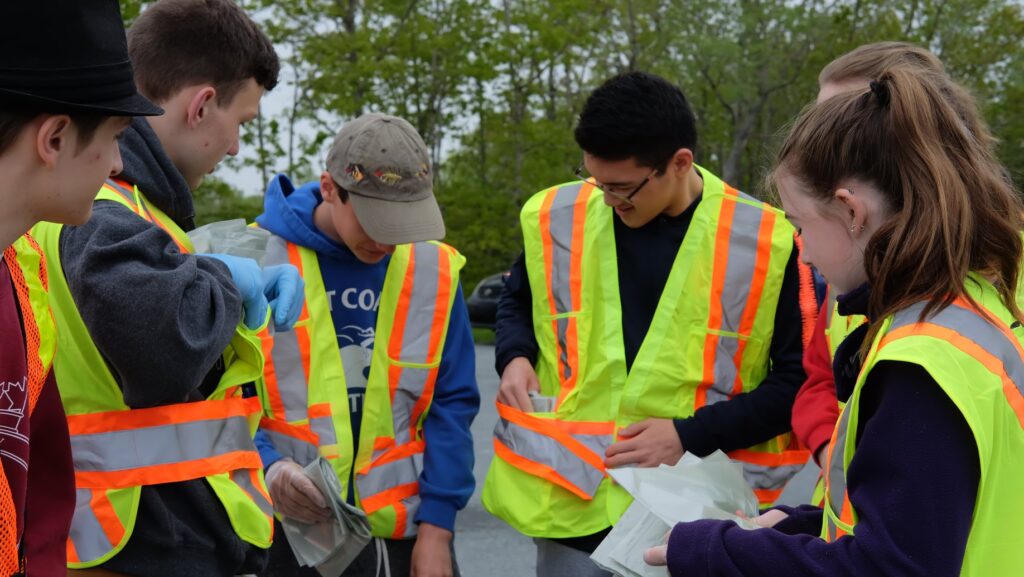
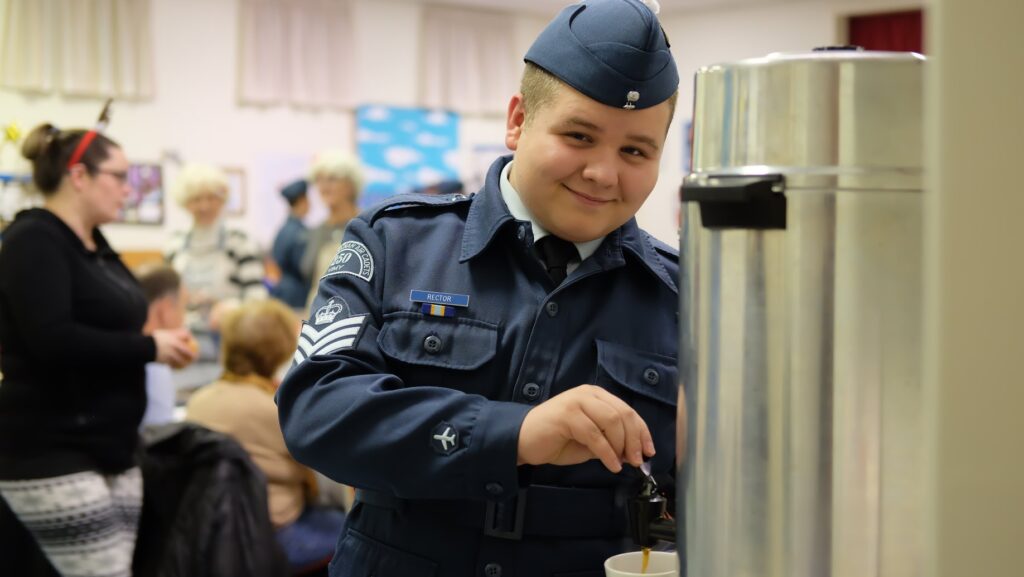
Optional training activities
It is not mandatory to participate in any teams, but it is asked that if you join or try out for a team that you attend all practices if possible. Optional training activities are really fun!
- Saturday mornings at the Estabrook Hall (dates and times may be subject to change with notice)
- This is a try-out team
- Practise is in civilian attire and parade boots
- This team participates in competitions
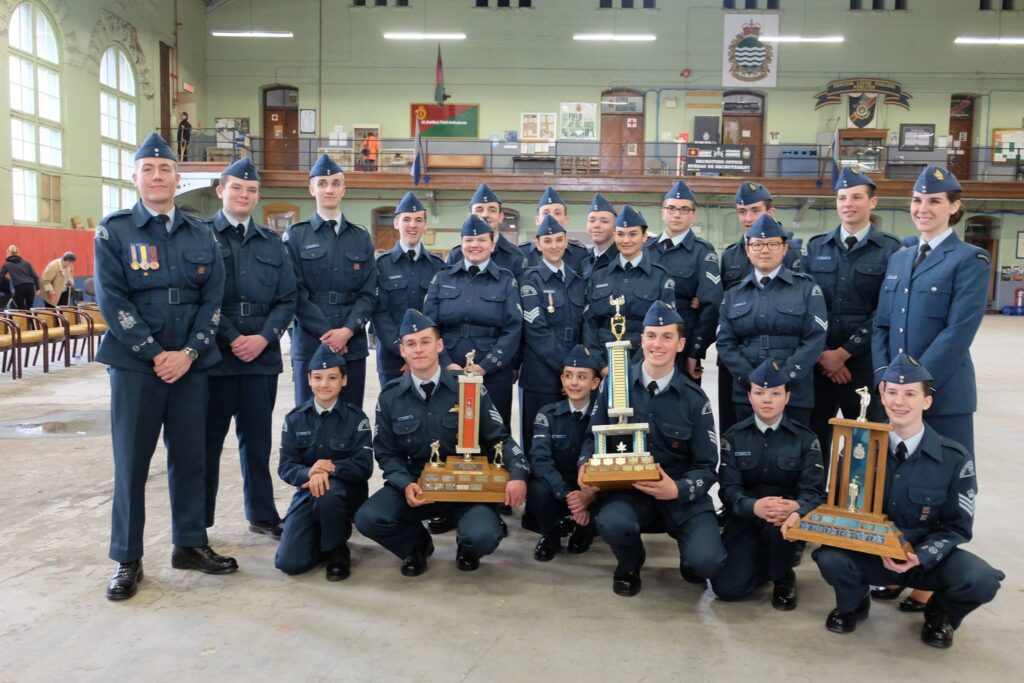
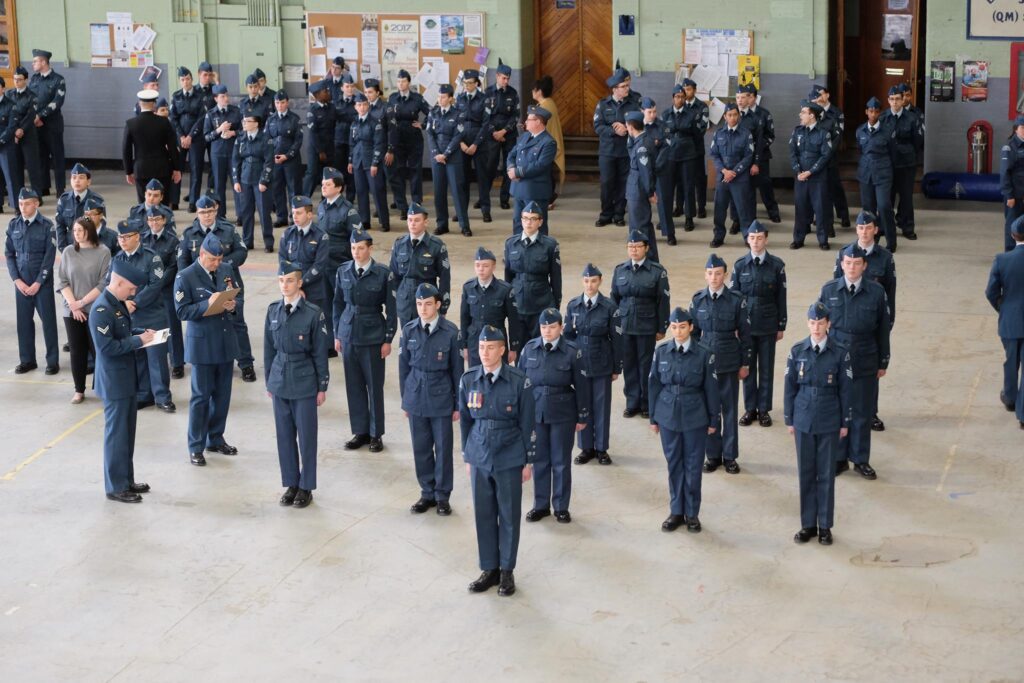
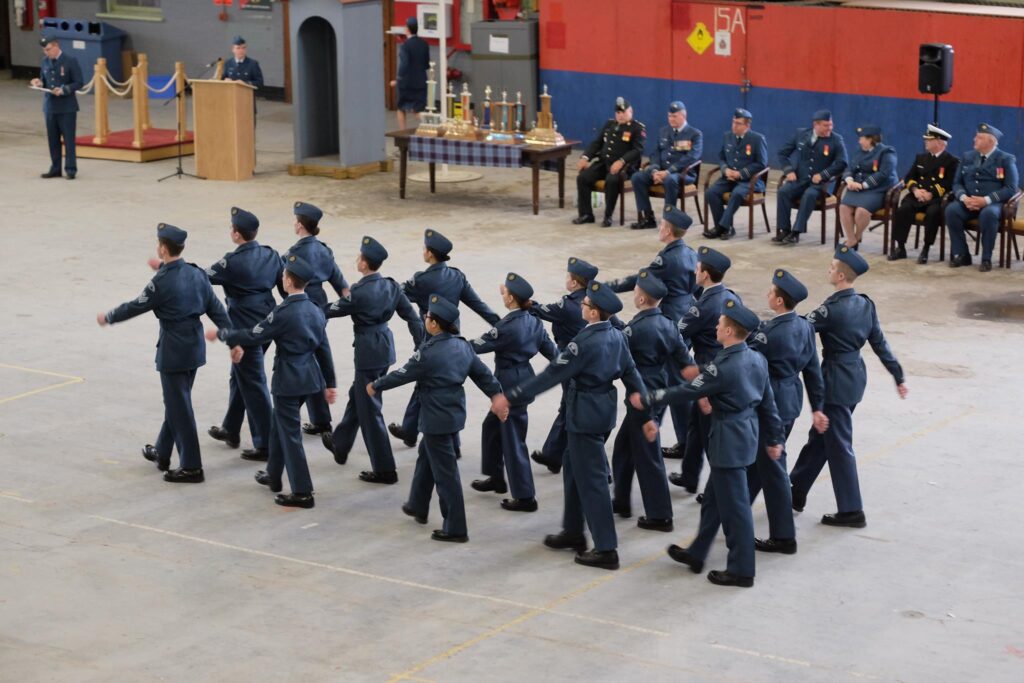
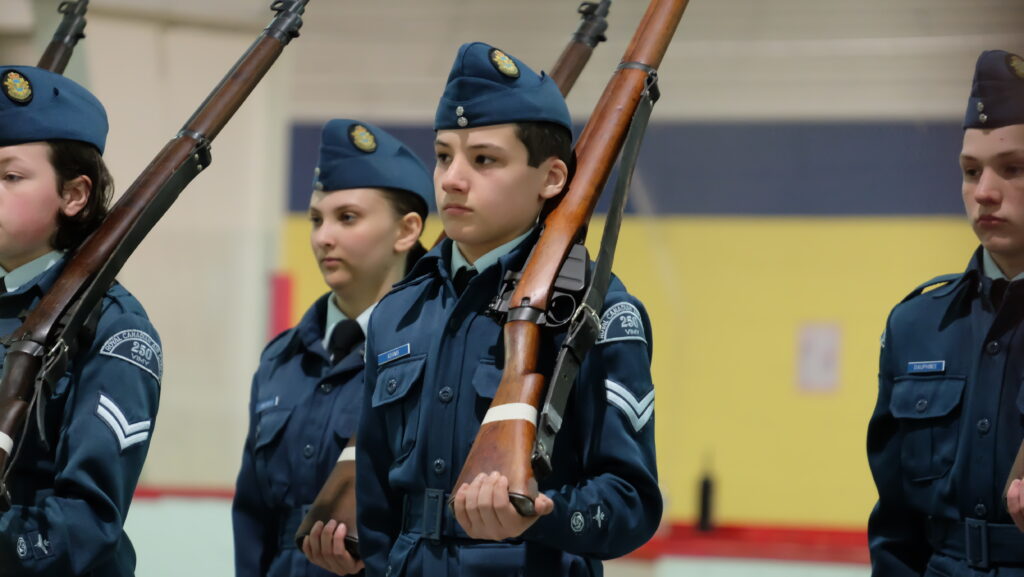
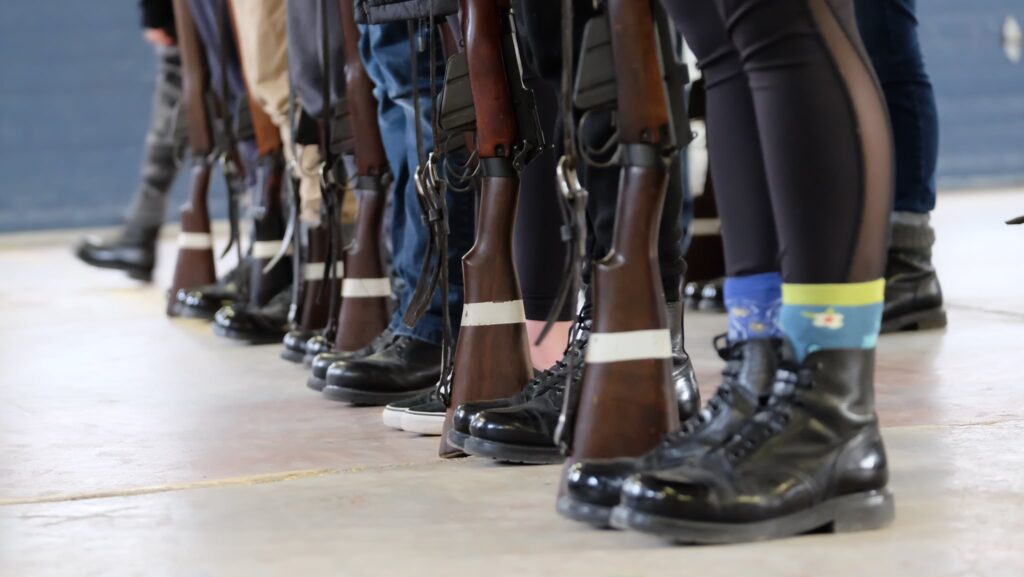
- Saturday mornings at the Estabrook Hall (dates and times may be subject to change with notice)
- This is a try-out team
- Practise is in civilian attire and parade boots
- This team participates in competitions
- Tuesday evenings and Saturday mornings at the Estabrook Hall
- No previous experience required
- No instrument required (250 Vimy will provide instruments for the cadets)
- Cadets are required to practice through the week to be prepared for upcoming group practises
- The band participates in competitions, Parade of Lights, Remembrance Day ceremonies, and other events in the community.
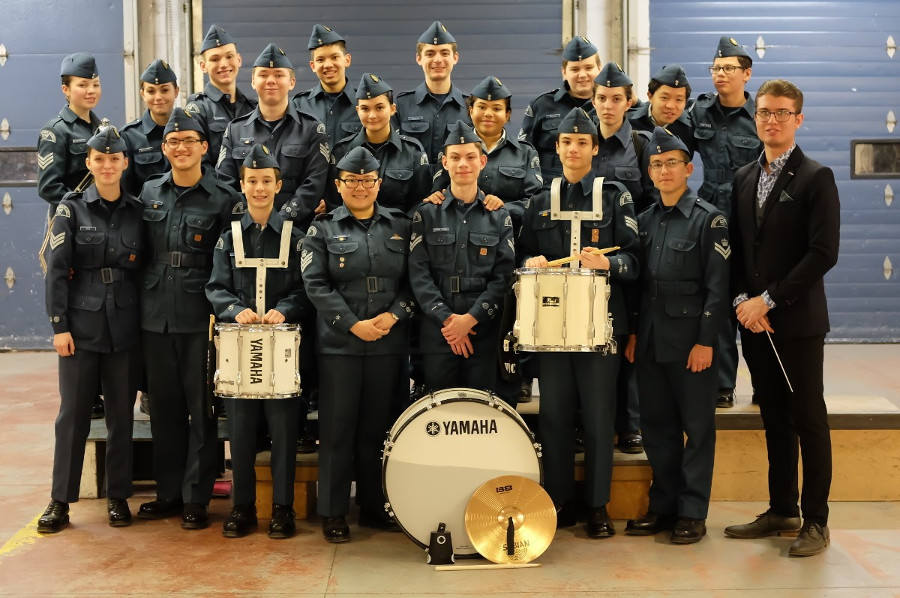
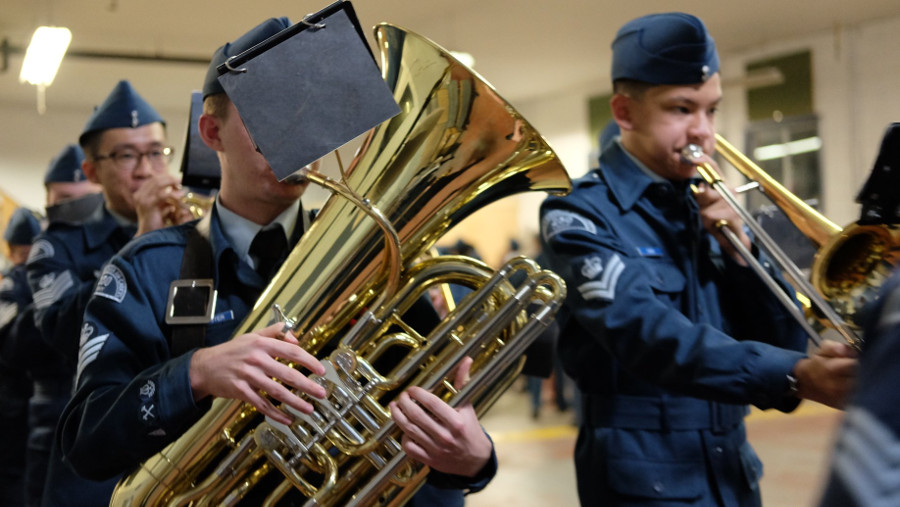

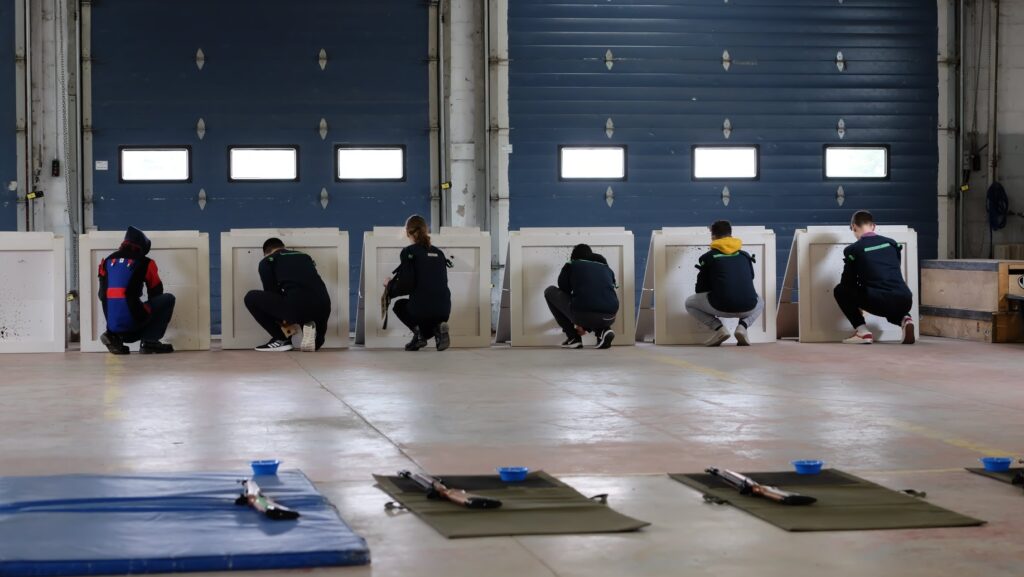
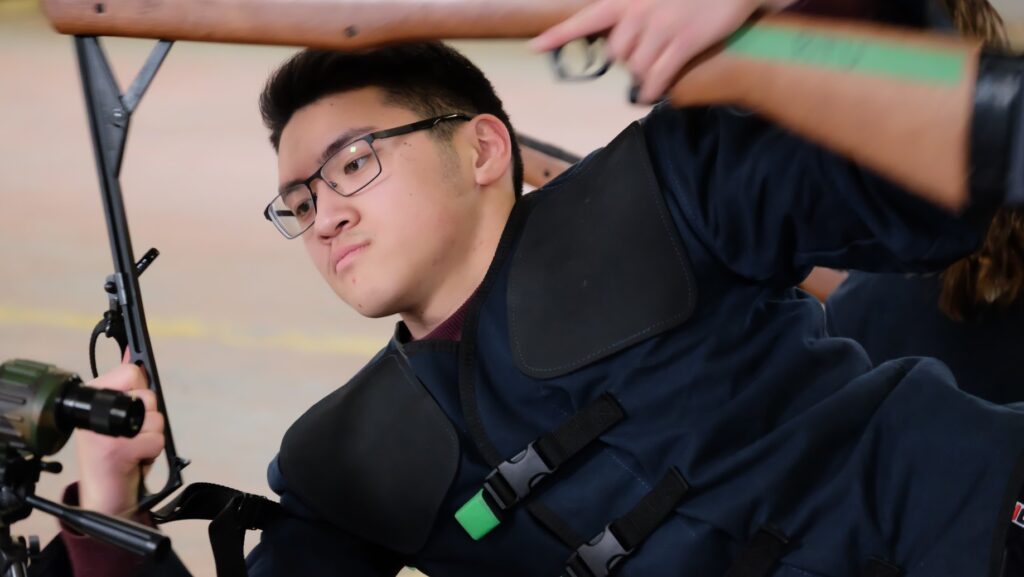
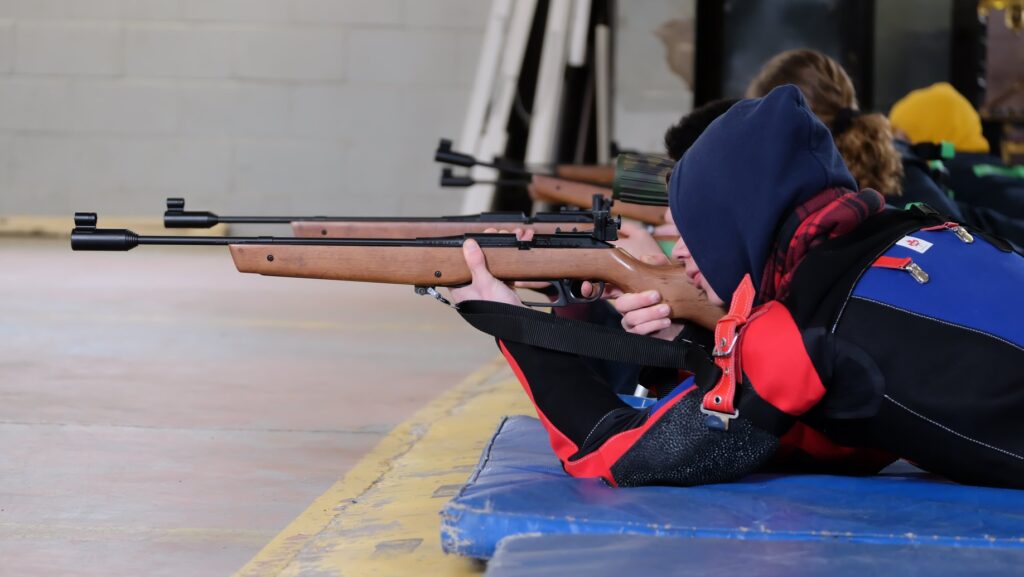
- Saturday mornings at the Estabrook Hall (dates and times may be subject to change with notice)
- This is a try-out team
- Practise is in civilian attire
- This team participates in competitions
- Summer ( Running ) / Winter (Skiing)
- Zone – Level – Daisy Air Rifle
- Provincial/ National Levels – larger semi automatic that is carried with the athlete.
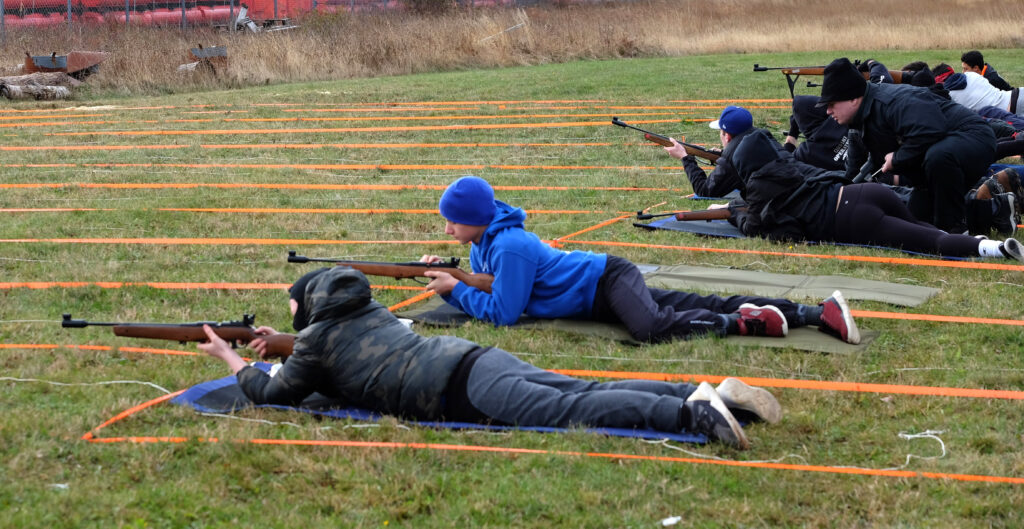
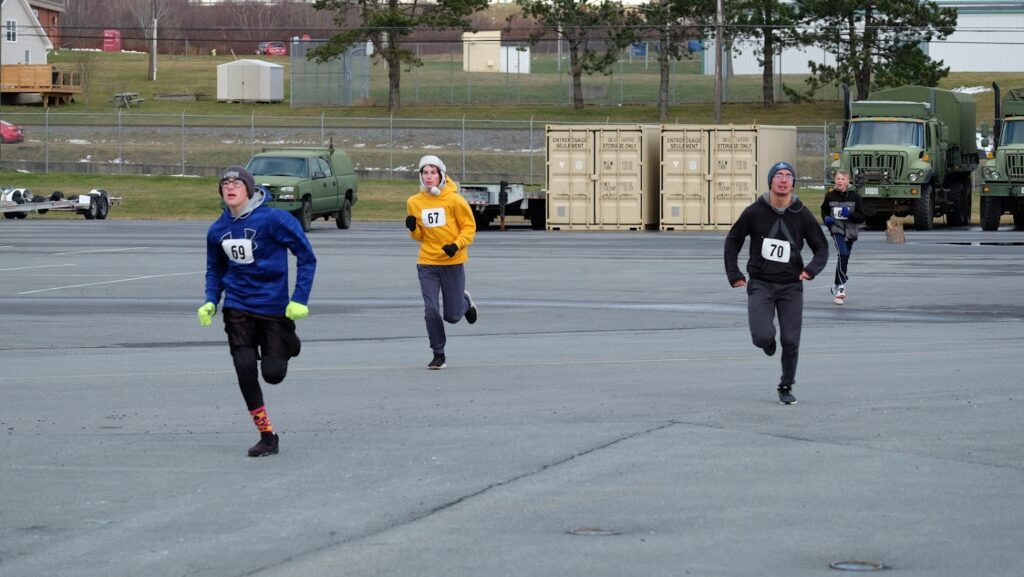
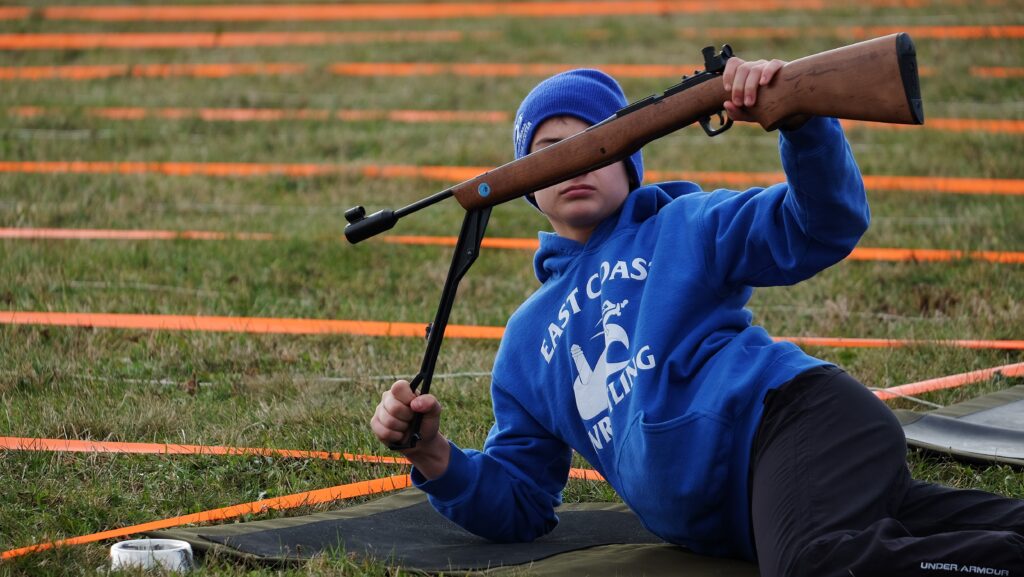
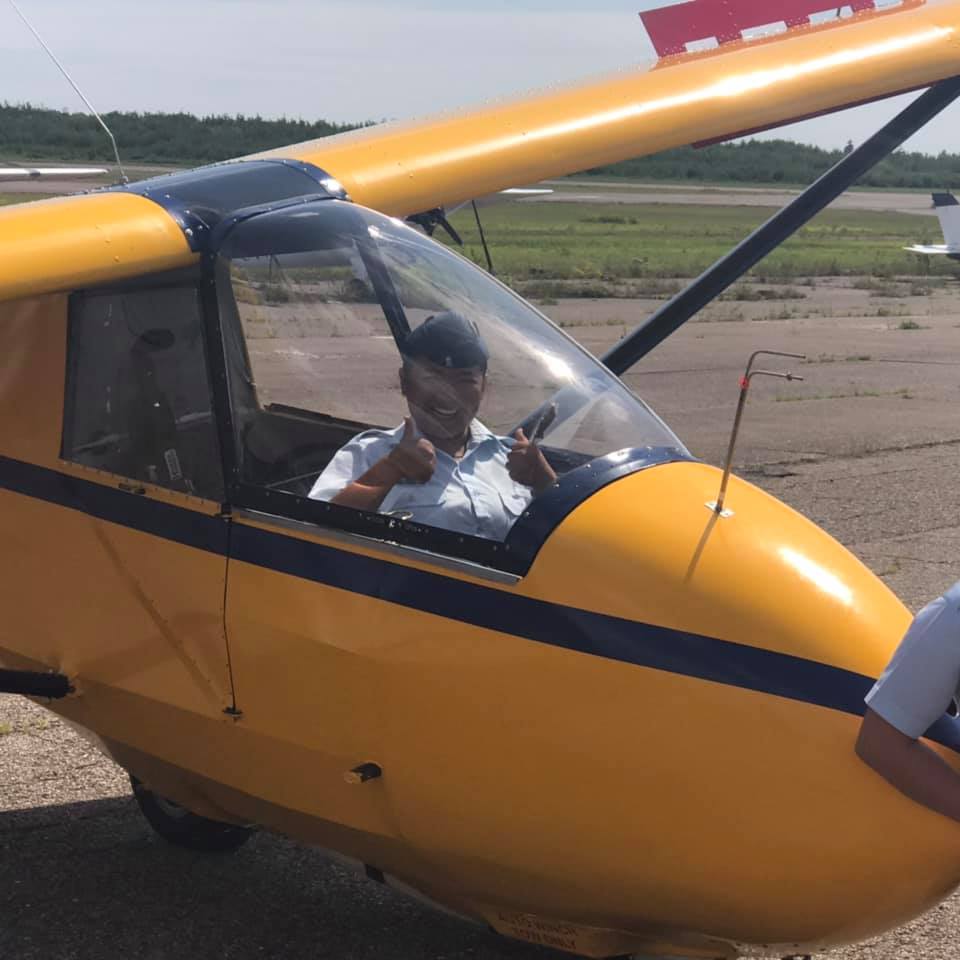
Ground School & Scholarships
There is ground school for both glider and for power, both ending in exams.
The cadets with top exam marks continue in the selection process with interviews and a review of their cadet record. Ground school is a requirement to apply for the Glider Pilot and Power Pilot summer training camps.
250 Vimy does not select who wins these scholarships. These are awarded from a provincial, not local, level.
Summer Training Opportunities
Check back here for updates as regular courses may re-open as the Covid environment changes.
The Basic Aviation Technology and Aerospace Course provides cadets an opportunity to develop the fundamentals of aerospace, airport operations and aircraft manufacturing and maintenance. Activities include aerospace, aerodrome operations, and aircraft manufacturing and maintenance. Cadets applying for this course should be 13–14 years of age, and have successfully completed Proficiency Level Two.
The Basic Survival Course provides cadets an opportunity to develop aircrew survival skills. Activities include field training, navigation and ground search and rescue. Cadets applying for this course should be 13–14 years of age, and have successfully completed Proficiency Level Two.
Advanced Aviation Technology–Aircraft Maintenance is a six-week course that provides cadets the opportunity to learn aircraft maintenance skills through a set of practical, hands-on training activities, such as installing and removing rivets used in aircraft metal structures, performing a landing gear retraction test on a fixed wing aircraft, assembling an input driveshaft from a turbine powered helicopter. Cadets applying for the Advanced Aviation Technology – Aircraft Maintenance this course must successfully complete Proficiency Level Three by the end of the training year.
The Power Pilot Scholarship is a seven-week training program that results in successful candidates graduating with their Transport Canada Power Pilot Licence. Cadets applying for the Power Pilot Scholarship must be 17 years old by September 1st of the year the course is taken, must successfully complete Proficiency Level Four by the end of the training year, must achieve a mark of at least 50% on the Canadian Armed Forces qualifying exam, must have completed Grade 10 or equivalent (Secondary 4 in Quebec and Senior 2 in Manitoba) by the nomination deadline, must obtain a valid Category 3 Medical Certificate from Transport Canada, and must meet the maximum weight limitations. The maximum weight for a student pilot is 111.13Kg.
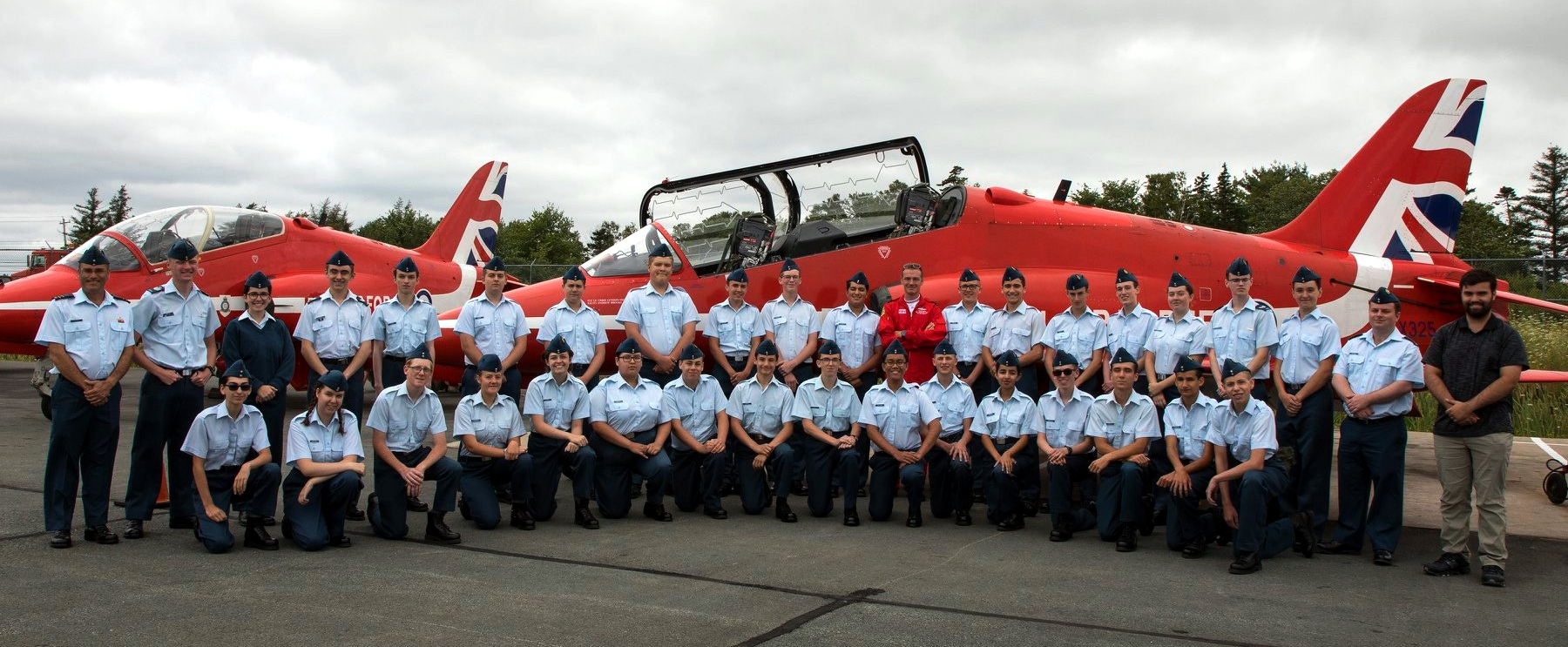
National Education Scholarships
The Air Cadet League of Canada (ACL) is pleased to offer prestigious post-secondary education scholarship awards to Royal Canadian Air Cadets. They are the Birchall Scholarship, the Dale Scholarship, the Thomas Colfer Scholarship, National Legion Foundation Scholarship, the Alex Venables Scholarship in Engineering, the ACL Advisory Council Scholarship, the Air Cadet League of Canada Foundation Scholarships and the CN Memorial Scholarships.
Please visit the Air Cadet League’s official website for details on these excellent scholarships!
